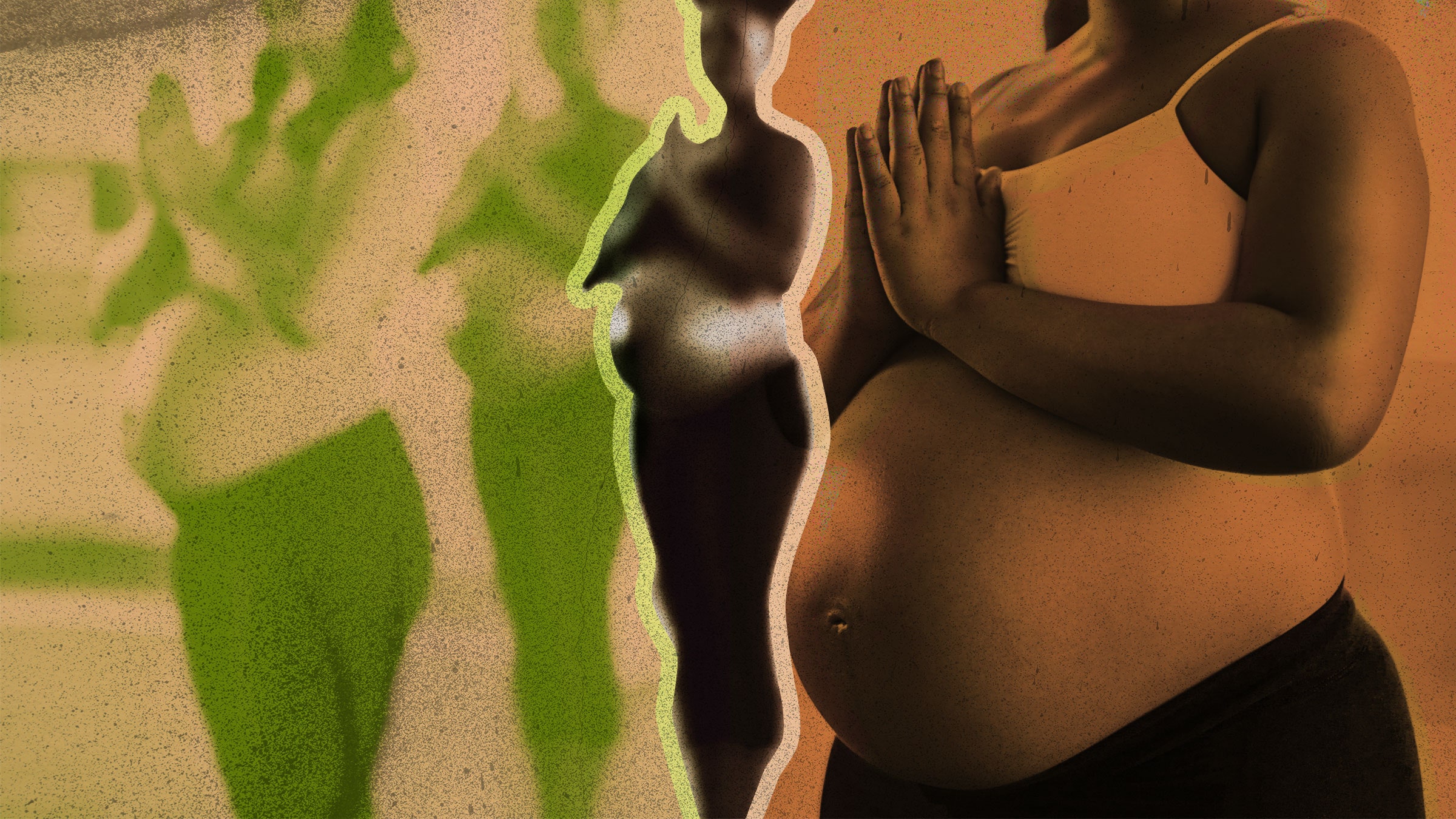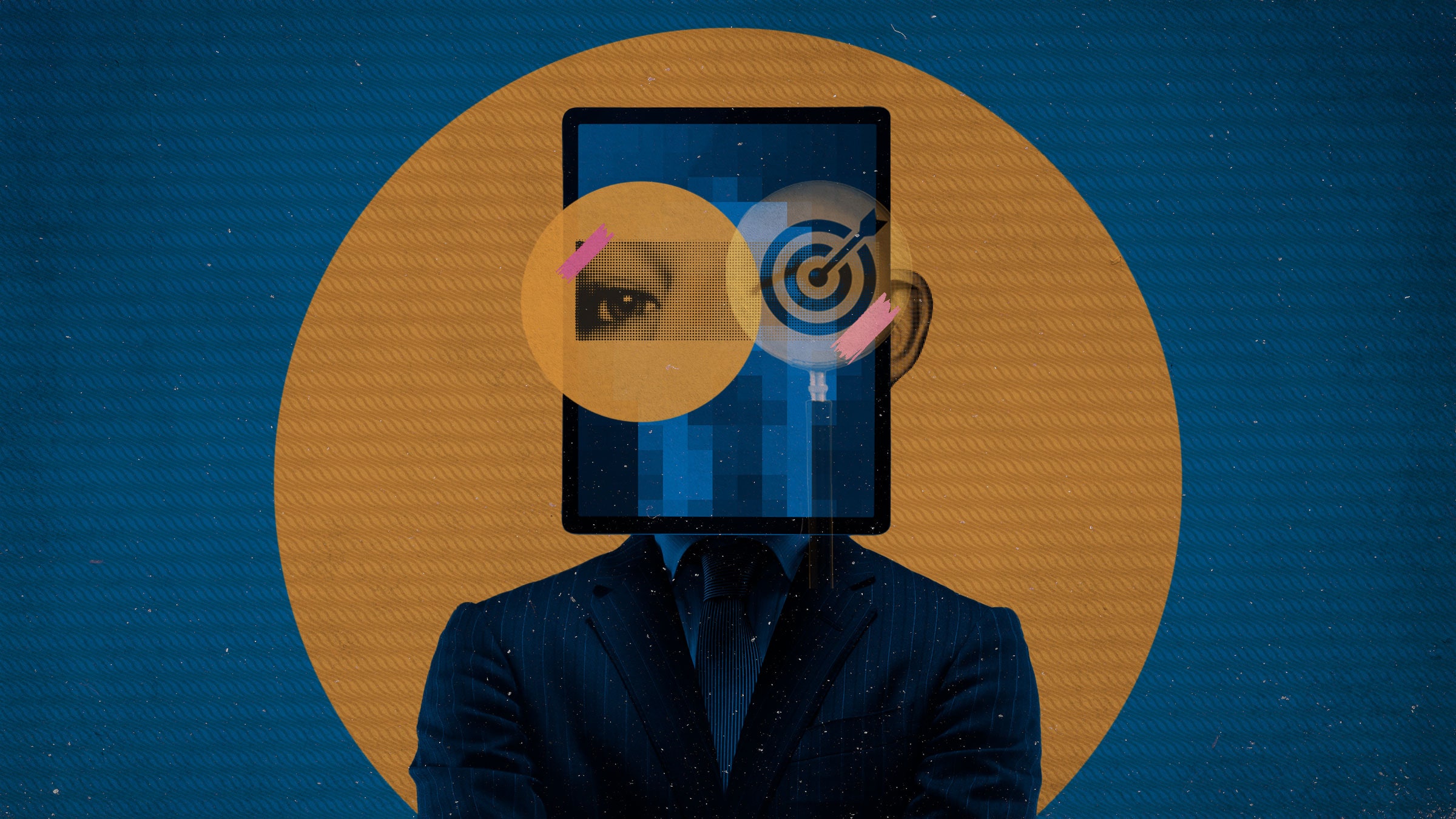Inequality Is a Health Risk—and It’s Getting Worse
Health inequality refers to the disparities in health status or in the distribution of health resources between different population groups. These disparities are often driven by social, economic, and environmental factors that affect access to healthcare, quality of care, and overall well-being.
Research has shown that individuals from marginalized communities, such as low-income individuals, ethnic minorities, and LGBTQ+ populations, are more likely to experience poor health outcomes due to unequal access to healthcare services and resources.
One of the key concerns with rising inequality is the impact on mental health. Studies have shown that individuals who experience higher levels of inequality are at greater risk of developing mental health problems, such as depression and anxiety.
Furthermore, social determinants of health, such as education, income, and employment status, play a crucial role in shaping health outcomes. Widening gaps in these social determinants can exacerbate health disparities and lead to poorer health outcomes for marginalized populations.
Addressing health inequality requires a multi-faceted approach that encompasses policy changes, increased access to healthcare services, and efforts to reduce social and economic disparities. By addressing the root causes of health inequality, we can work towards creating a more equitable and healthier society for all individuals.
In conclusion, inequality is not just a social issue—it is also a health risk that is becoming increasingly concerning. It is imperative that we prioritize addressing health disparities and working towards creating a more just and equitable healthcare system for all.



